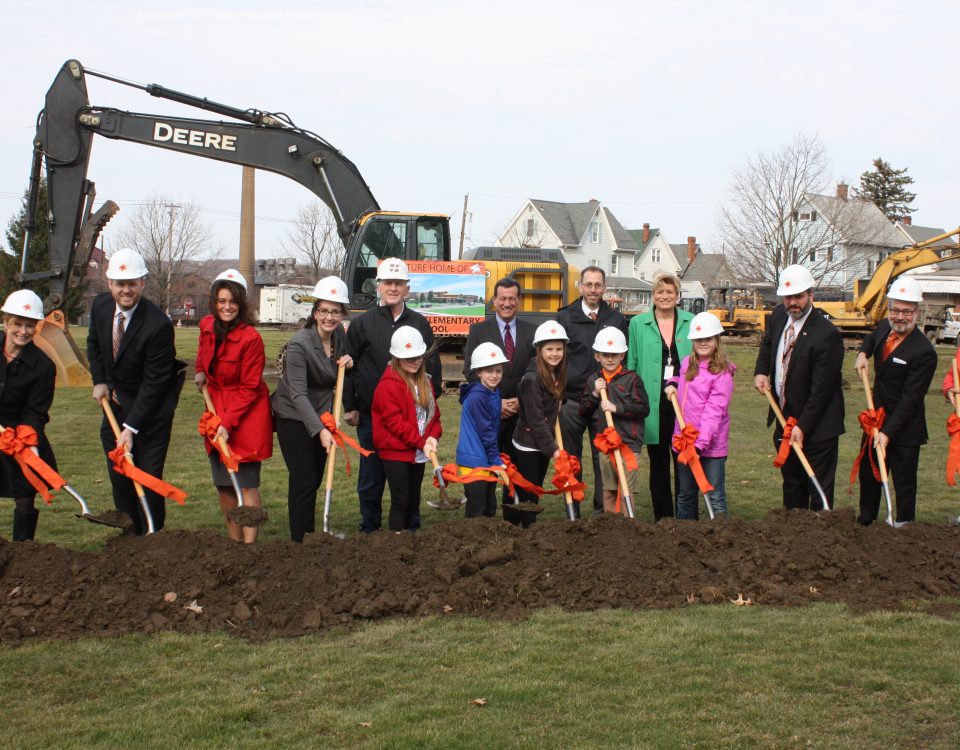- Conceive. Believe. Achieve.
- (724) 452-9690
Retro-Commissioning: Improving Existing Buildings

Your Next Roofing Project is our Agenda
April 1, 2015
Construction Management: Less is More or More is Less?
April 23, 2015Record store day is April 18th this year (yeah, it’s a thing). The yearly event celebrates independently owned music stores with multiple new music releases of vinyl albums. The event has been growing in popularity since its unofficial inception in 2008. Those retro-albums, made all but obsolete with digital music, are now finding a new hip, niche market.
The old ranch style houses from the 1950’s, that were used in the 80’s as starter homes before people saved up for their “dream” houses , are now becoming the dream. With cool, cultural references from shows like Mad Men, “Mid-century Modern” has grown in popularity with websites, eBay shopping and Pinterest boards dedicated to the retro-style.
Some existing buildings are struggling to find their market. How can an existing building owner keep his building competitive without having to start from square one? The answer is retro-commissioning.
Today, new buildings are constructed with commissioning in mind. The observable and systematic process documents and verifies building systems are functioning in accordance with project documents to satisfy the owner’s intent and operational needs. But what about those existing buildings that were never commissioned? You guessed it, this is where retro-commissioning can be applied.
Retro-commissioning provides a quality, recognizable and methodical process for building systems that were deprived of the opportunity to be commissioned in the past. The process identifies potential operation and maintenance improvements in existing buildings that result in reduced energy cost.
The process may be applied to many systems including electrical, plumbing, envelope and heating, ventilating, and air-conditioning (HVAC) systems. HVAC systems are usually a great candidate for retro-commissioning because they are one of the biggest energy users in a building. This is especially the case if there are areas of your building that get consistent tenant complaints or your building has equipment failures on a more-than-regular basis.
In the process of retro-commissioning, you’re provided with documentation about how your HVAC systems operate within your intent of the building operations. Deficiency and improvement logs, developed during retro-commissioning, provide a roadmap of system adjustments, operational strategies and possible retrofits. These findings can help improve building and staff efficiency, and impact your bottom line to a positive effect.
So, what is your building telling you? If you are hearing more hot and cold complaints than usual and your repairs are consistently on the rise, perhaps retro-commissioning is for you.
Share with us your building story and we’ll provide with you a solution.
*This article was written by Mary Kay Serapiglia, a Commissioning Specialist.




